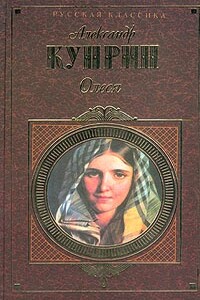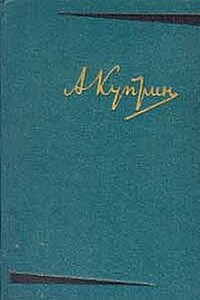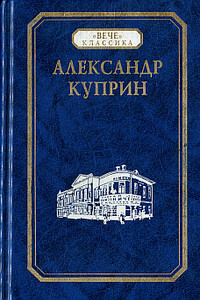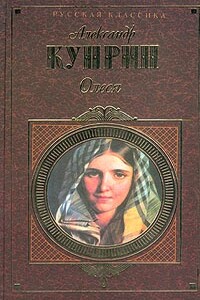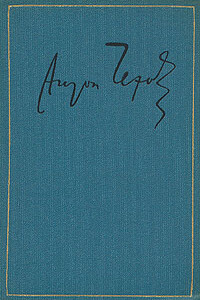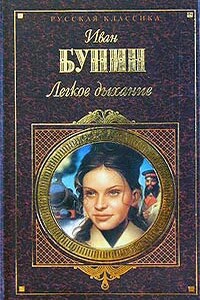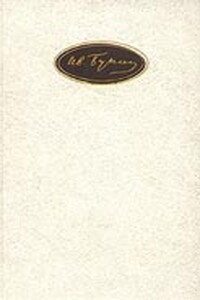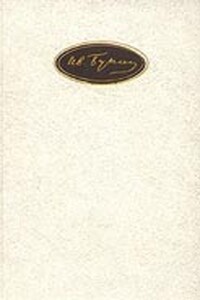|
| "Our company consists of at least a hundred men, and each of them is a creature with thoughts, feelings, experience of life, personal sympathies and antipathies. | "Вот их сто человек в нашей роте. И каждый из них - человек с мыслями, с чувствами, со своим особенным характером, с житейским опытом, с личными привязанностями и антипатиями. |
| Do I know anything about them? | Знаю ли я что-нибудь о них? |
| No, nothing, except their faces. | Нет - ничего, кроме их физиономий. |
| I see them before me as they stand in line every day, drawn up from right to left: S?ltyss, Riabosch?pka, Y?goroff, Yaschtschischin, etc., etc.-mere sorry, grey figures. | Вот они с правого фланга: Солтыс, Рябошапка, Веденеев, Егоров, Яшишин... Серые, однообразные лица. |
| What have I done to bring my soul nearer to their souls, my Ego to theirs? | Что я сделал, чтобы прикоснуться душой к их душам, своим Я к ихнему Я? |
| Nothing." | - Ничего". |
| He involuntarily called to mind a rough night at the end of autumn, when (as was his custom) he was sitting drinking in the mess-room with a few comrades. Suddenly the pay-sergeant Goumeniuk, of the 9th Company, rushed into the room, and breathlessly called to his commander- | Ромашову вдруг вспомнился один ненастный вечер поздней осени. Несколько офицеров, и вместе с ними Ромашов, сидели в собрании и пили водку, когда вбежал фельдфебель девятой роты Гуменюк и, запыхавшись, крикнул своему ротному командиру: |
| "Your Excellency, the recruits are here." | - Ваше высокоблагородие, молодых пригнали!.. |
| Yes, there they stood in the rain, in the barrack-yard, driven together like a herd of frightened animals without any will of their own, which with cowed, suspicious glances gazed at their tormentors. | Да, именно пригнали. Они стояли на полковом дворе, сбившись в кучу, под дождем, точно стадо испуганных и покорных животных, глядели недоверчиво, исподлобья. Но у всех у них были особые липа. Может быть, это так казалось от разнообразия одежд? |
| "Each individual," thought Romashov, as he slowly and carefully inspected their appearance, "has his own characteristic expression of countenance. This one, for instance, is most certainly a smith; that is, doubtless, a jolly chap who plays his accordion with some talent; that one with the shrewd features can both read and write, and looks as if he were a polev?i." | "Этот вот, наверно, был слесарем, - думал тогда Ромашов, проходя мимо и вглядываясь в лица, - а этот, должно быть, весельчак и мастер играть на гармонии. Этот - грамотный, расторопный и жуликоватый, с быстрым складным говорком - не был ли он раньше в половых?" |

